Let’s Talk About Race
Debunking 3 Myths I Used to Hold about Prejudice in Korea
February 22, 2022
What do you think about taking a stance against oppression, hate, and overall bigotry?
Maybe you’ve heard the announcements from Students Organizing Against Racism (SOAR) around school, or seen posters of SOAR promoting its events. But when you did, you may have thought: Is there really anything to do with racism in Korea, though? Or you may have thought: we can’t possibly get rid of an issue this serious with efforts like that. You also could have thought of it as generic issues along the lines of: “Let’s solve world hunger!” or “Let’s save the polar bears!” While scrolling past a post on social media urging you to donate to an activist group, you might have thought, “I get it’s important, but I also have a test to take tomorrow. I’ll worry about this later.”
I have to say, this is totally understandable. It’s certainly what I used to think. But I found out that, not only racism and discrimination can be found everywhere, I’m also taking part in making a racist society in some way I might not be aware of. So today, I hope to address and dismantle some of the myths that I used to hold about racial injustice.
1. This is something I only see in the news.
Headlines regarding racism frequently make the front cover of newspapers and social media feeds. You may have seen unjust police killings of Black people, you may have heard of Anti-Asian hate crimes, and you may have seen a celebrity getting “canceled” for their discriminatory remarksㅡ the list goes on.
But while hate crimes and other types of overt prejudice definitely constitute a big part in breeding a cesspool of hate, it can be commonly seen in our daily lives. In fact, we live with our biases every day.
Someone you know may be employed instead of another simply because of their skin color. When choosing where to live in the United States, you may have avoided neighborhoods with a certain demographic. Your friend may have been made fun of because of their accent. You may have even heard (or made!) a comment that stereotypes an entire racial group.
All of these take part in promoting hate. And – wait for it – there’s more. A LOT more.
2. Racism is something that can happen every day, but I haven’t seen it yet.
For a majority of my life (and I’m guessing your life as well), I’ve known about discrimination. But I was sure that I hadn’t witnessed it myself. After all, I haven’t heard someone say, “Hey you– you’re Black/Asian/Hispanic/other minority race. Get out of here.” Or something else along these lines, so explicit and direct.
But chances are: no one in your life is going to say that out loud. Chances also are: racial bigotry and its effects will persist in the world. Racial discrimination does not come in one form, and similarly, it certainly won’t be a linear, simple issue that can be resolved.
Racism is like a twisted, staggeringly tall tree. There are so many branchesㅡso many different formsㅡthat racial discrimination manifests as. We should be able to look at the entire tree, rather than one specific branch.
3. Korea is free of “race-related issues.”
Even if you’re convinced that racial inequity exists in our everyday life, you may think Korea is exempt from the issue. After all, most people say “Korea is a vastly homogeneous society, there’s no way that race-related problems would be such a pressing issue here”.
But as I learned more and had discussions with members of the SOAR group, I realized that Korean society is definitely not free of racial hierarchies and discrimination. Korea is undeniably becoming a multicultural society, and the number of people that Koreans consider “foreigners”, or the “outsiders”, are getting larger and larger.
Maybe you can imagine feeling this sense of “outsiders” in your own lives, and even around your own environment. What would you think about an immigrant who works near your house? Would you be able to wholeheartedly call them a part of Korean society? What about your classmate whose parents may be of a different nationality or race? Would you say you share the same Korean heritage with them? How would you feel if you heard a mosque was being built across the street from your house?
If you grew up in Korea with non-Korean parents, you might have experienced this first-hand. But even if you grow up Korea, you can surely imagine this feeling: if you’ve been abroad, how many times have you been complimented on your “perfect English”? How many times have you been asked, “Where are you from? No, where are you actually from?”
My point is, we’ve all been considered as “the other” at some point in our lives. And Korea is not free of this other-ing!
At this point in the article, I want to ask you: how do you feel? You may feel sad or frustrated; you may feel overwhelmed or uncomfortable; you may not be bothered too much– all is fine. All I ask is that you take a second to reflect on the article, and think of ways you can fight racism. Even reading this column is a huge step, and I’d like to thank you for that.
Treating people the way we want to be treated often helps us naturally understand each other’s hardships. Continue to question the world we live in, and take the opportunity to educate yourselfㅡhopefully this way, the rotten, towering tree of bigotry will continue to burn, while a tree of understanding, compassion, and connection grows in its place.



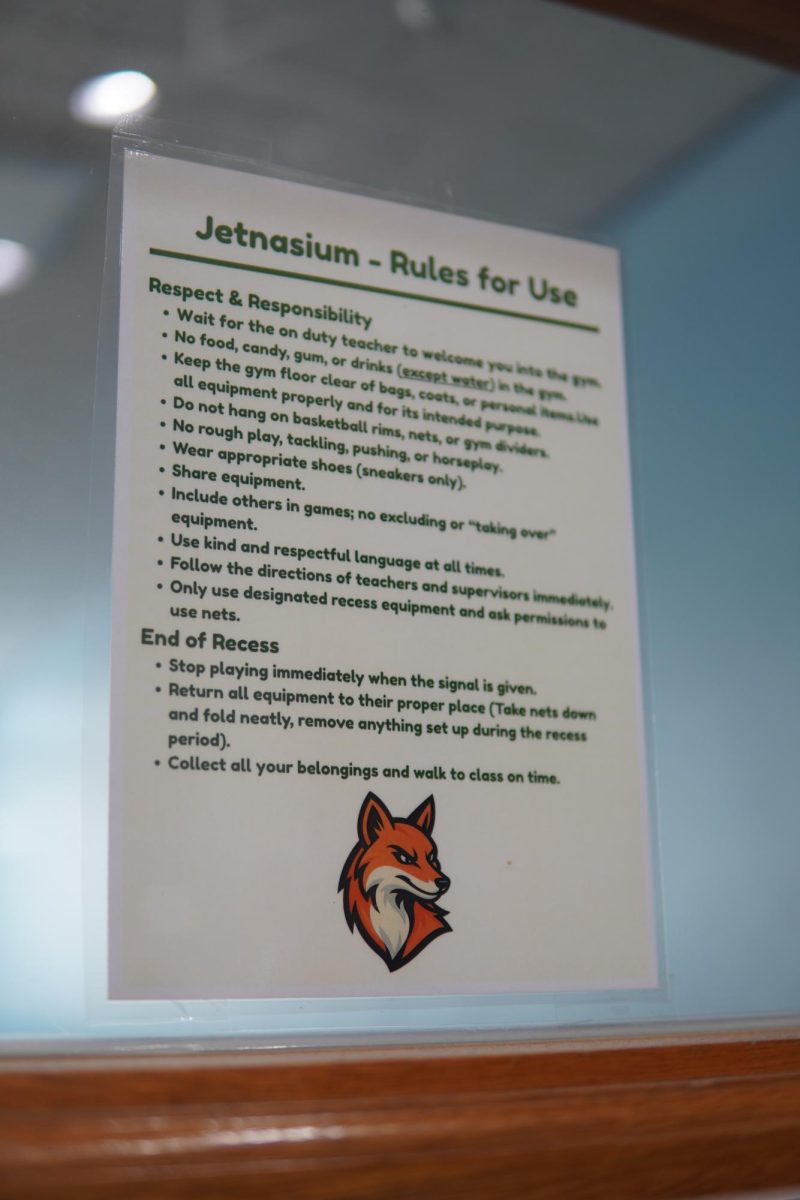
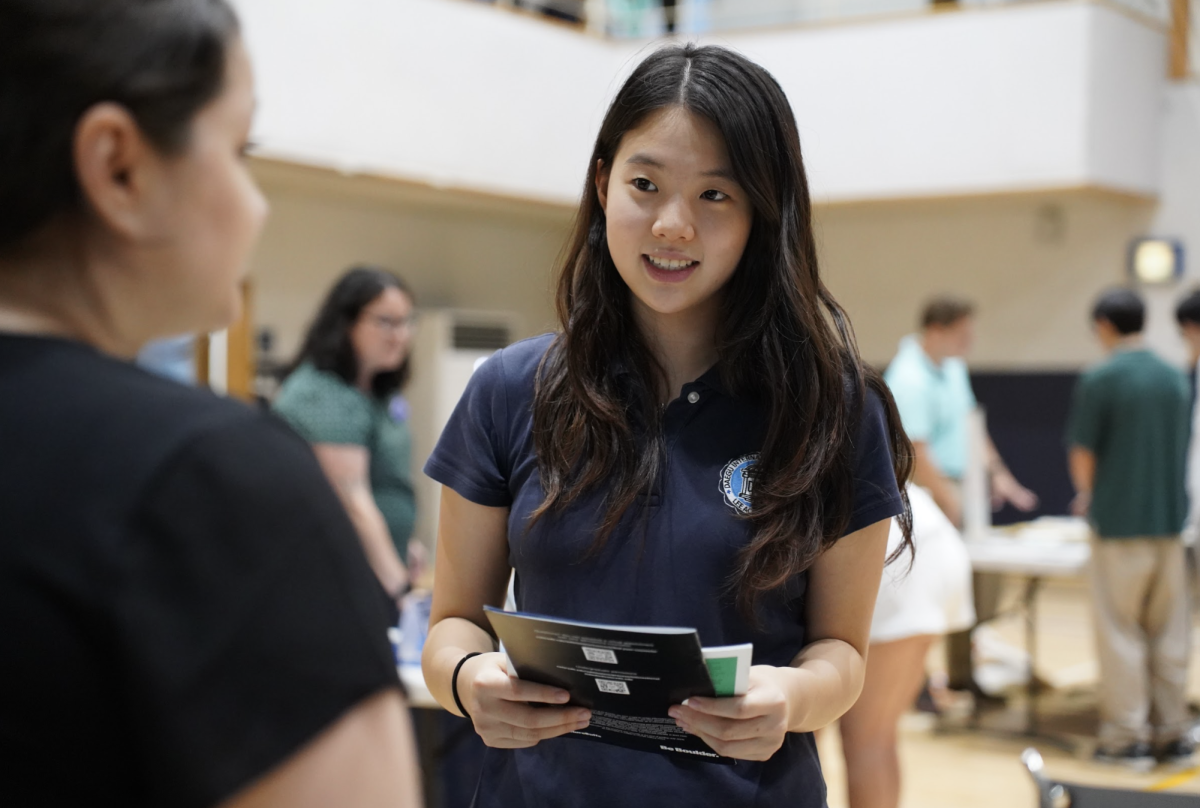
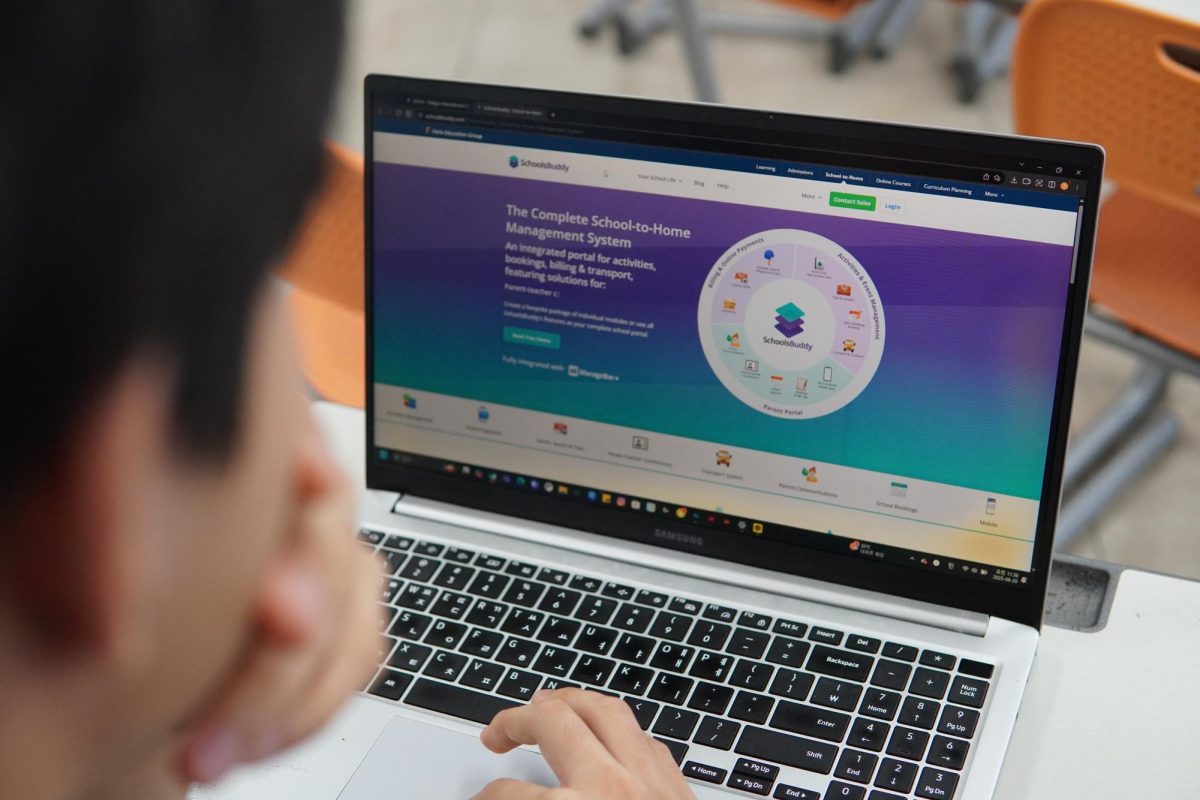
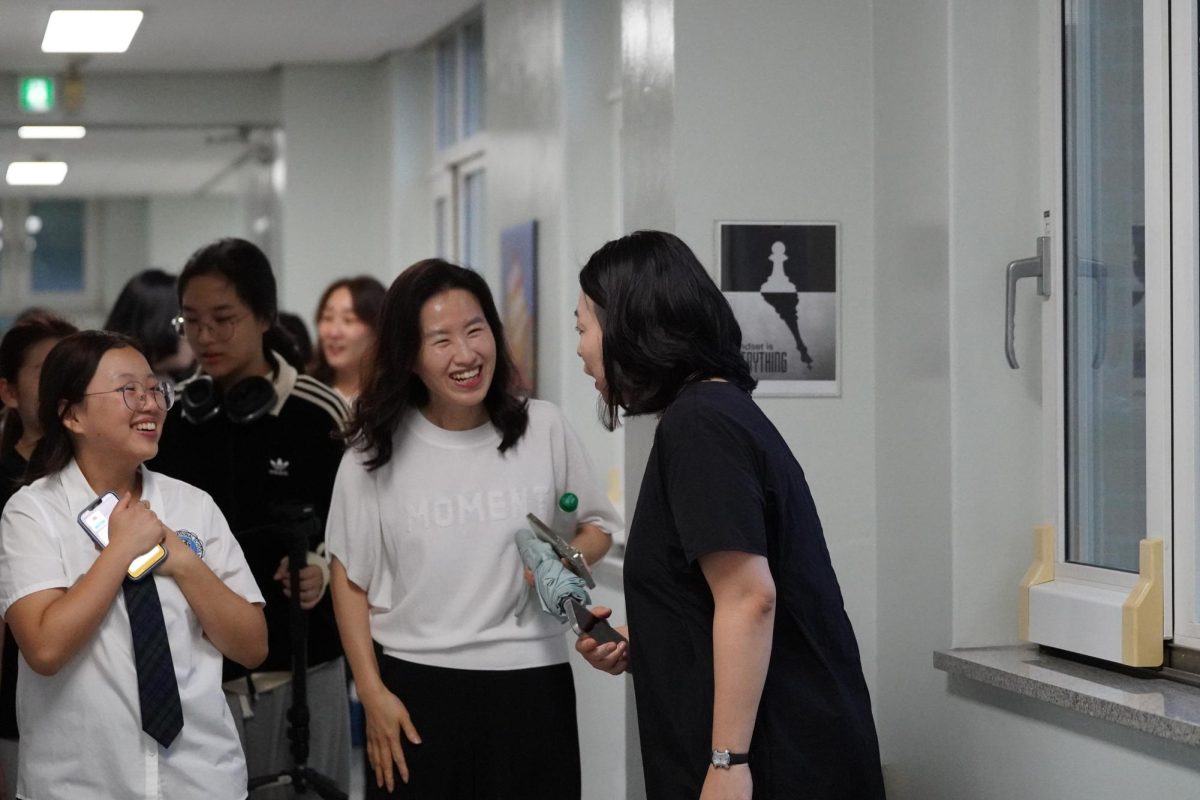








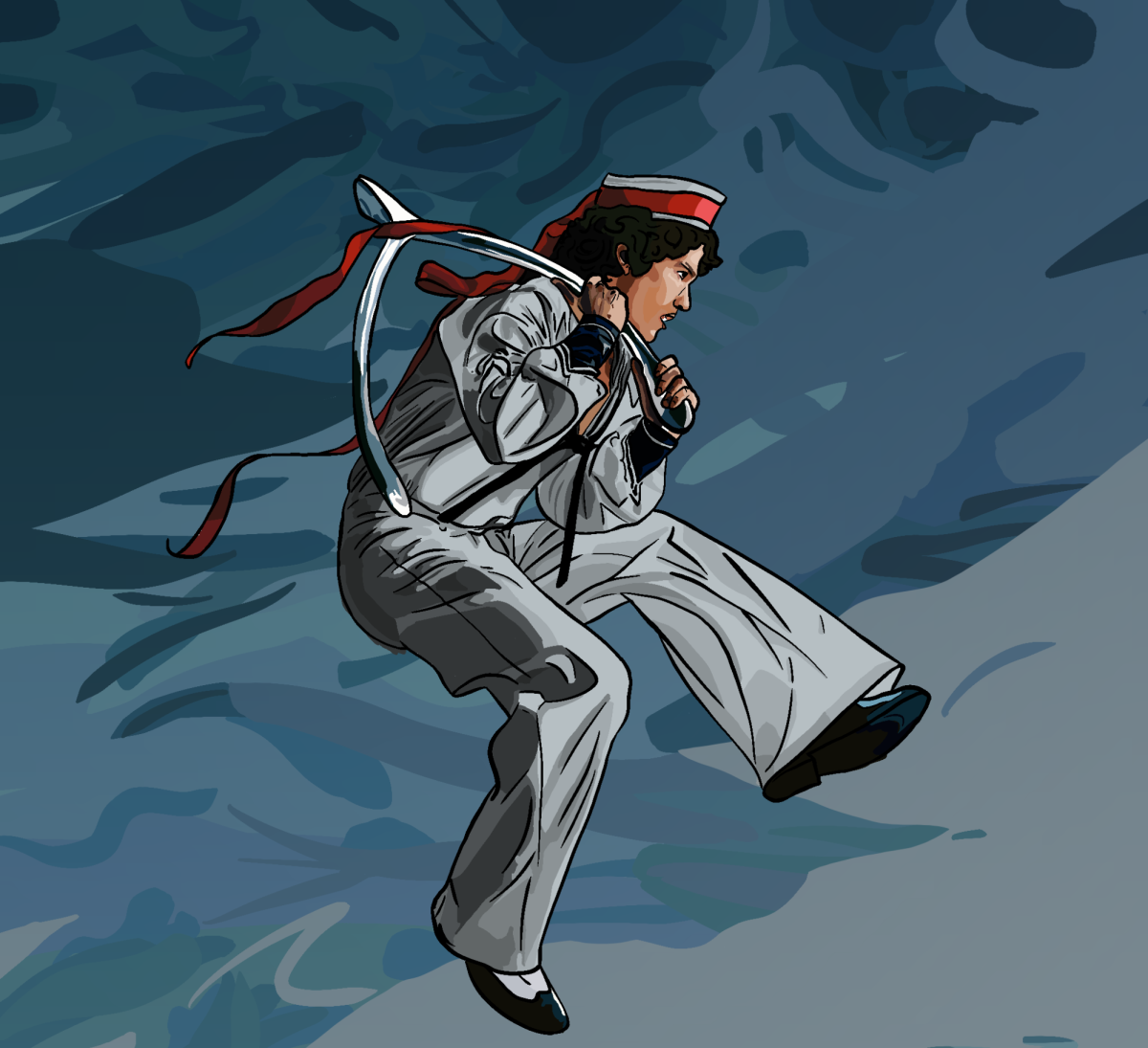
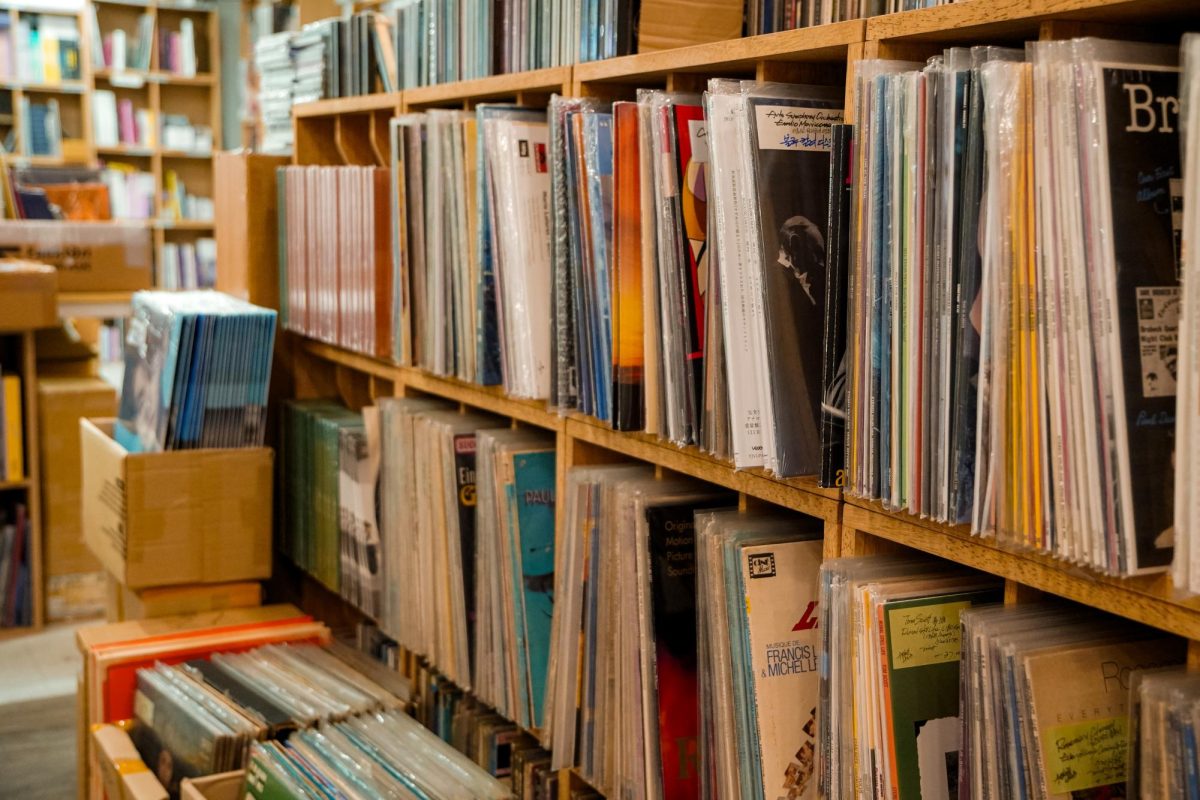
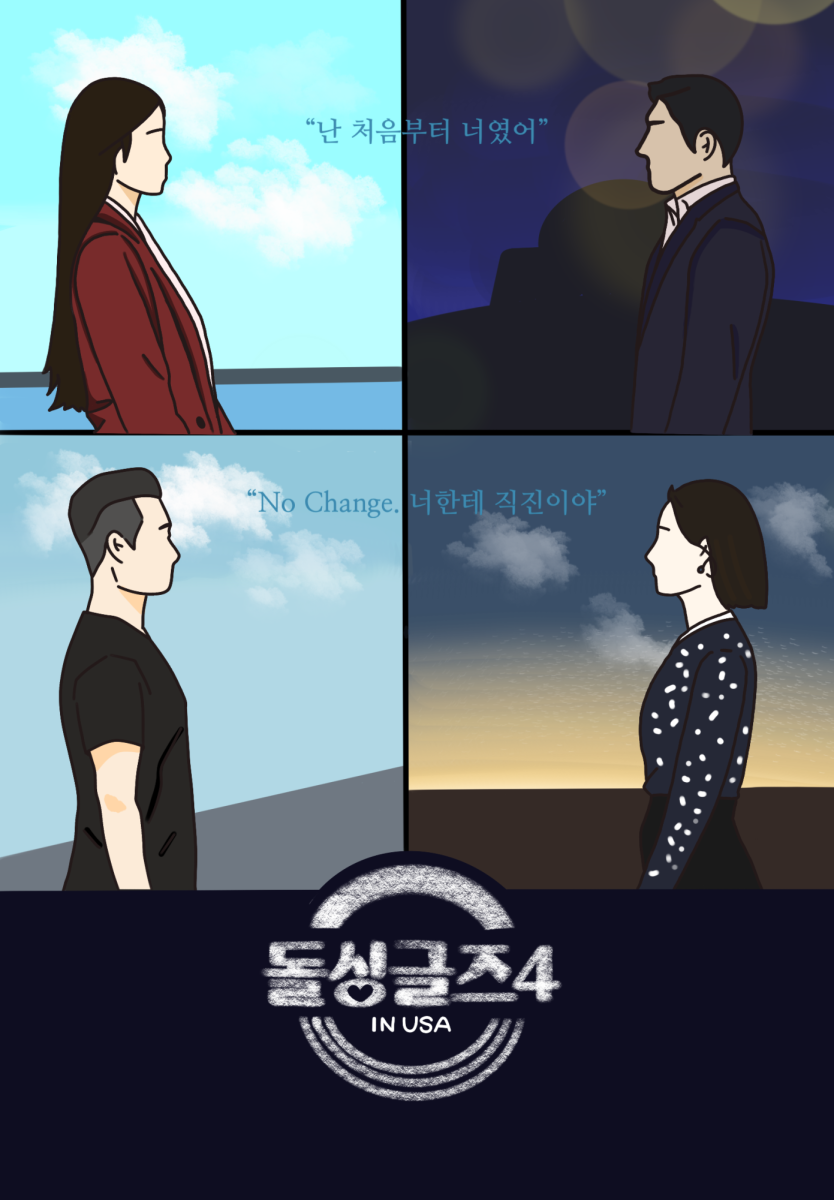






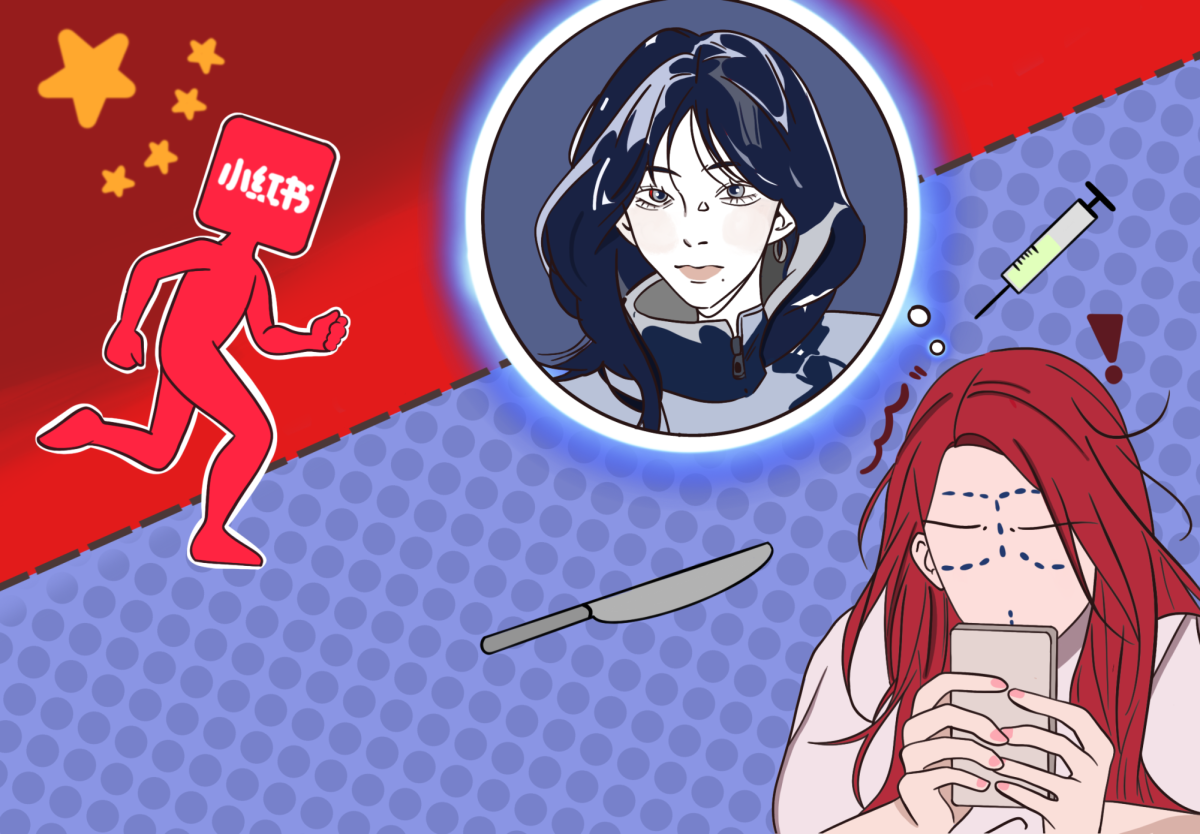








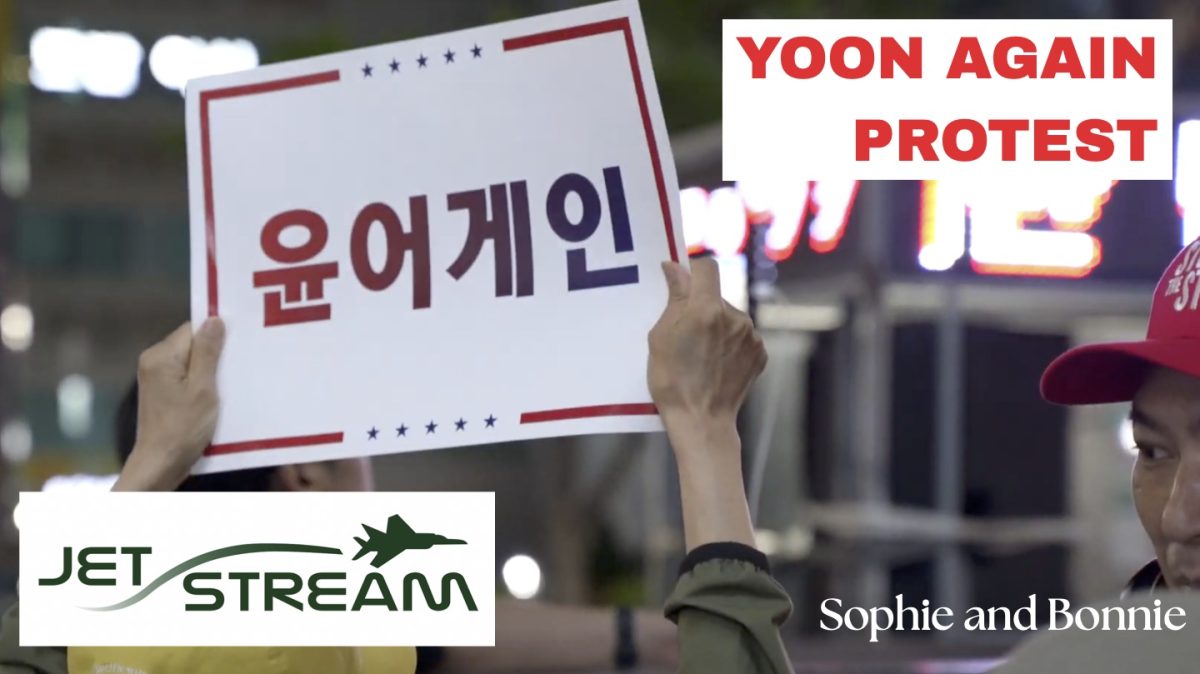




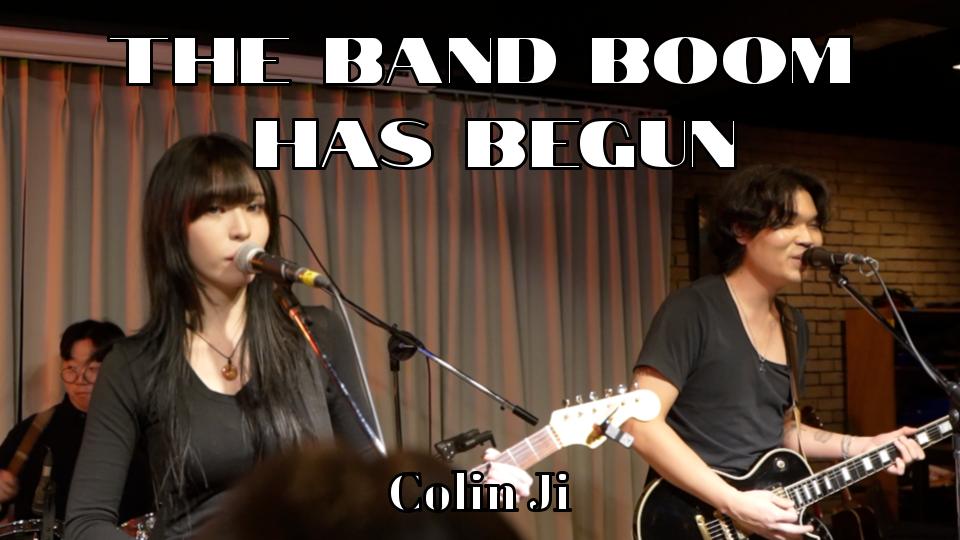
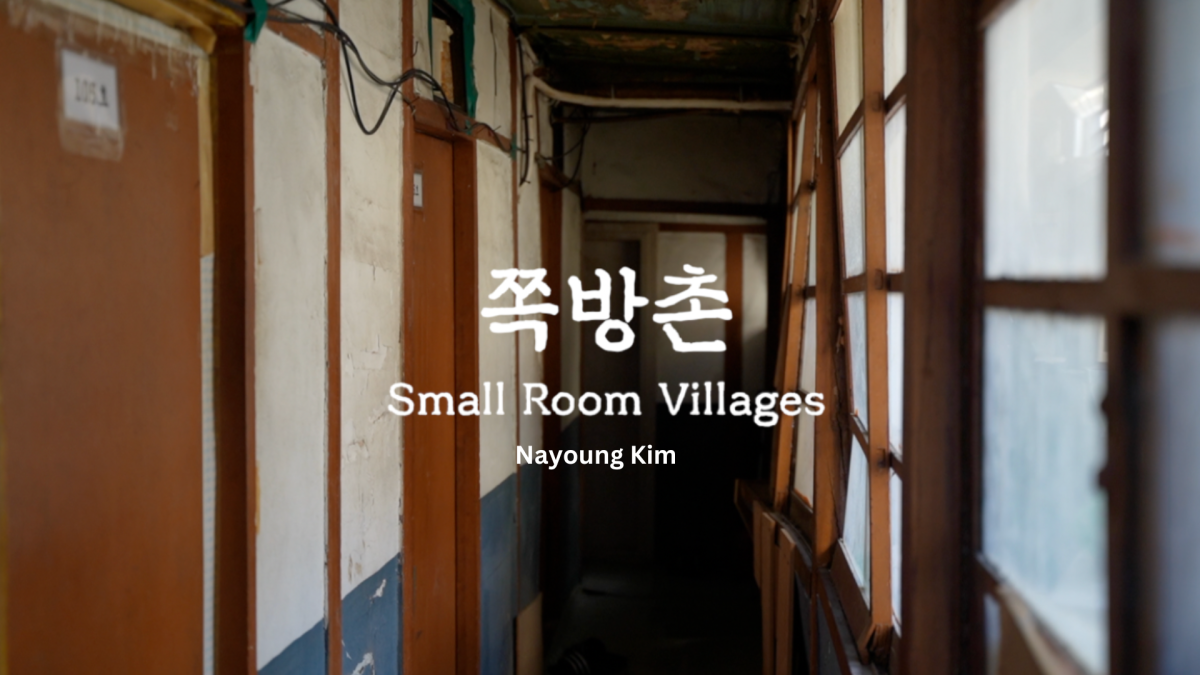







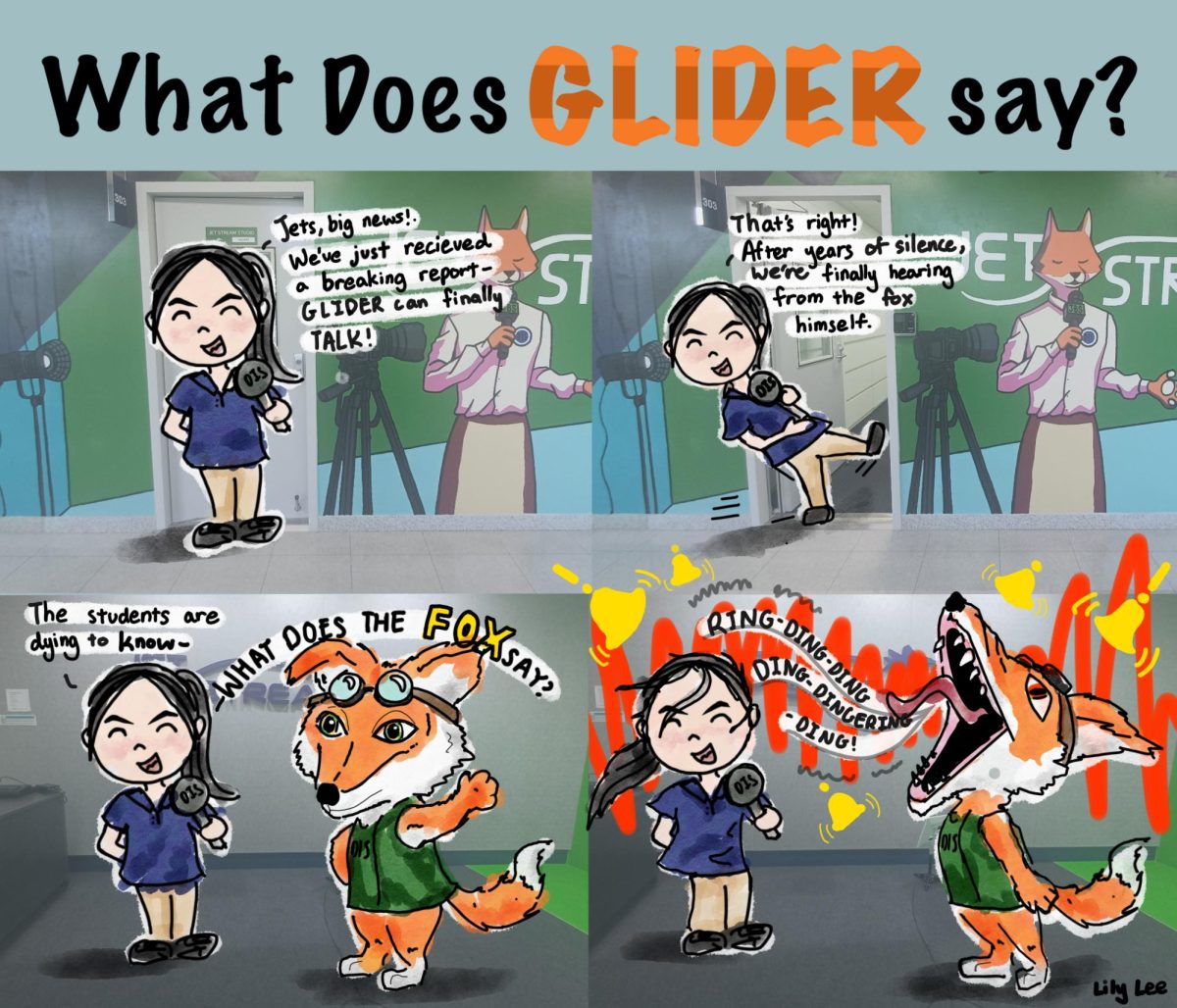
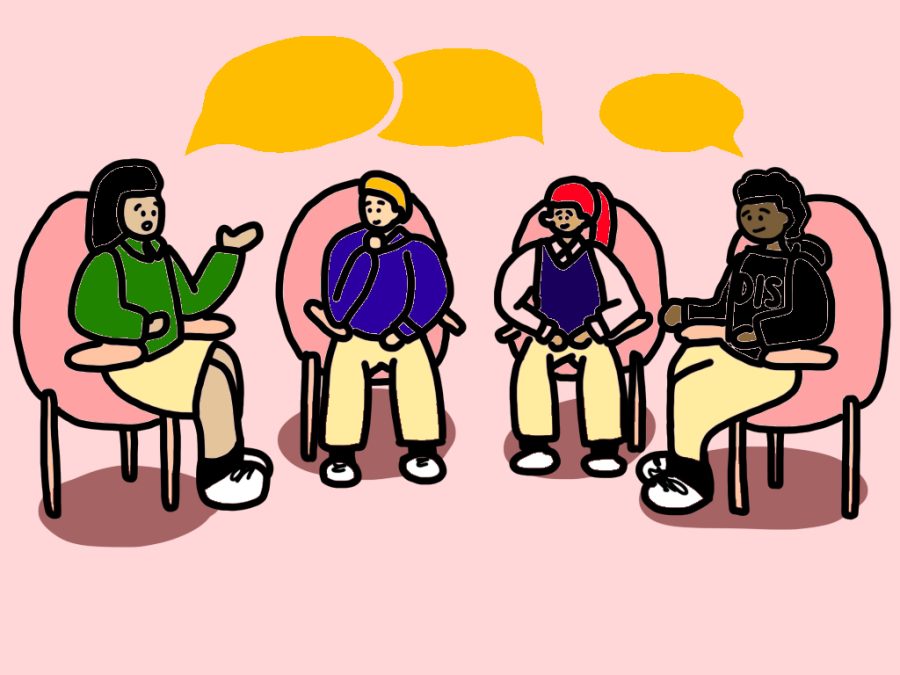


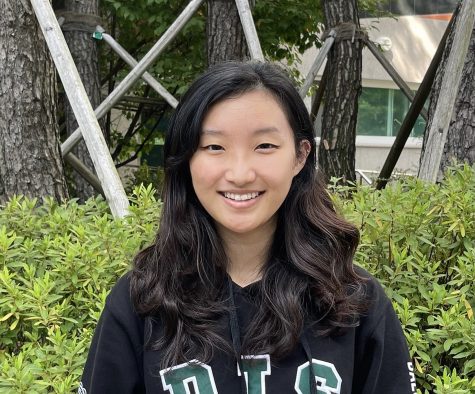
JoonRT • Apr 15, 2022 at 12:24 am
is this SOAR sponser?
Ms. Morissette • Feb 23, 2022 at 1:27 am
I love the questions posed throughout this article. They are making me reflect now and I know I will be circling back to them. What a powerful trio behind this.